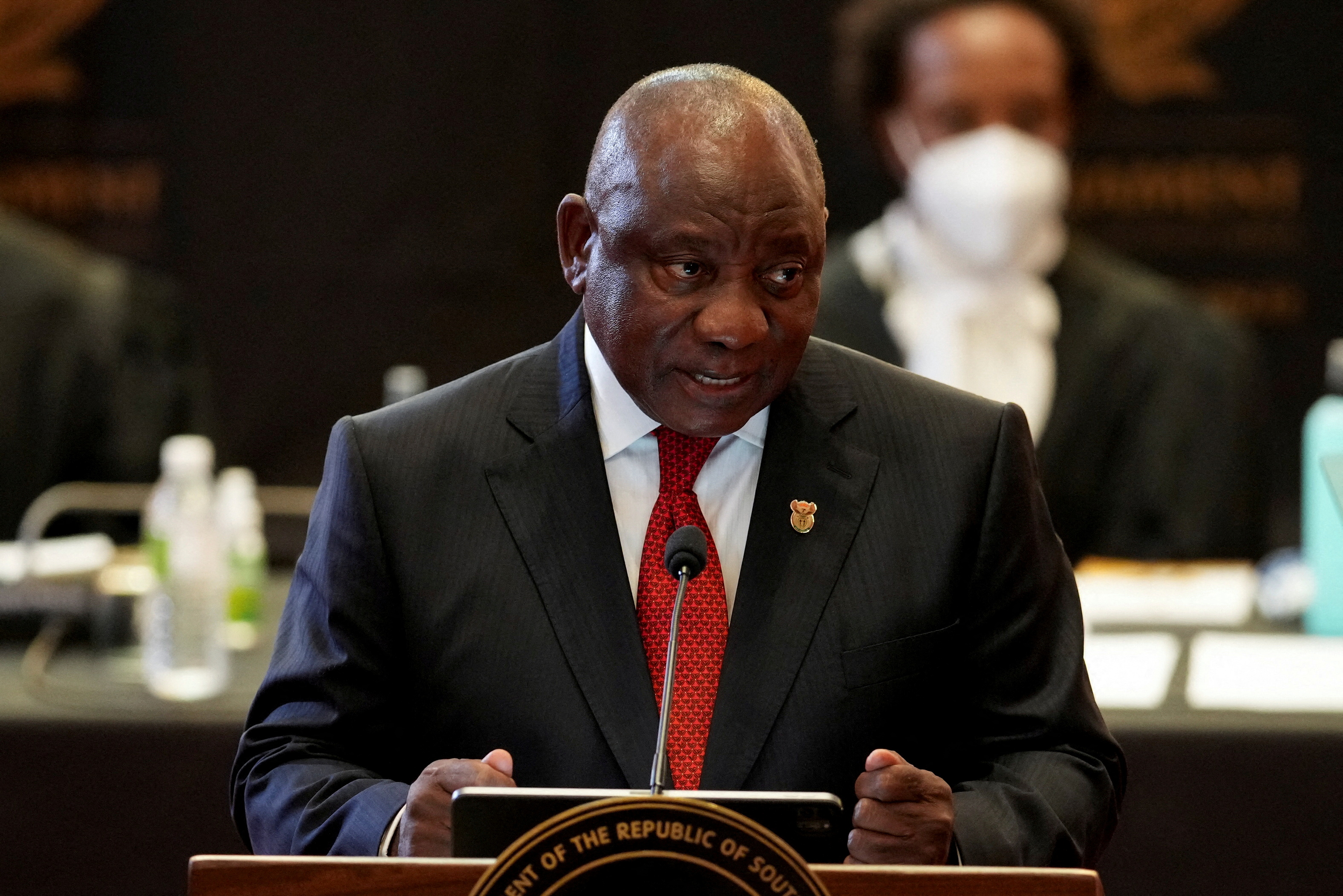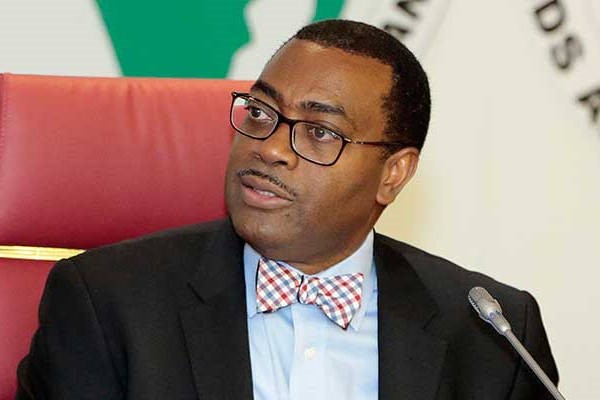By Walcott Aganu
“African champions. What a game! What a team! You did it. A beautiful moment of football, a beautiful moment of communion and national pride. Congratulations to our heroes.”
Macky Sall – President of Senegal
A festive atmosphere erupted in Dakar, the capital city of Senegal, as thousands of supporters trooped to Independence Square, near the presidential palace, to celebrate a historic moment. Supporters were drowned in the sound of car horns, vuvuzelas, and firecrackers at the square. The Senegalese flag was hung from buildings, on vehicles, and on sidewalks.
Fans hugged each other amid bonfires outside the streets of Dakar and across the country. Over 16.74 million people went into a frenzy after Senegal finally had their hand on the African Cup of Nations trophy.
The man responsible for happiness and celebrations in Senegal is Aliou Cissé.
In 2002, Aliou Cissé pointedly looked around Bamako’s Stade du 26 Mars, then began a long run-up and blasted his penalty kick onto the shins of Boukar Alioum to hand Cameroon the 2002 Africa Cup of Nations.
It has taken 20 years – almost to the day – for Cissé to expunge those demons and finally get his, and Senegal’s, hands on the trophy. Cissé was in tears and did jigs of joy after Sunday’s final victory over Egypt, but not before having to go through the gut-churning agony of another penalty shootout before finally being crowned African champions.
In Senegal, the former midfielder is seen as more than a coach to the players. He was a fans’ favourite and was expected to deliver the nation’s first AFCON title. That wish materialised when former Southampton star, Mane, scored the decisive kick at the Olembe Stadium in Yaounde, leaving fans back home in an explosion of joy.
The 45-year-old dedicated the triumph to his people back home and acknowledged the feeling was extra special after beating the seven-time champions.
“I am African champion. It was long, it was difficult, sometimes complicated, but we never gave up,” he said in the post-match press conference.
“I dedicate this victory to the Senegalese people. For years, we have been chasing this cup. Today we will be able to put a star on our jerseys.
“Winning the Africa Cup of Nations in Cameroon has a special meaning. Winning against the most successful team in Africa is another symbol.”
Cissé took his coaching badges and joined the Senegal federation as an assistant to Olympic coach Karim Sega Diouf for the London 2012 Olympics. He has quietly forged his path ever since, winning his first match in charge over Ghana in a friendly in Le Havre and now the veteran of 71 games.
For Cisse, the AFCON win is a dream come true. His former teammate, Salif Diao, quoted the coach saying, “If I don’t win it as a player, I will win it one day as a coach”. But beyond the craving for personal glory, Sunday’s victory is the ultimate gift for a football-mad nation that fought hard to land the elusive title.
“…the people of Senegal have wanted this trophy for 60 years,” Cisse said after the game.
He is now a poster boy for a growing stable of African coaches at the top of the continent’s game after years of jobs being dominated by European and Limportsmerican imports.


